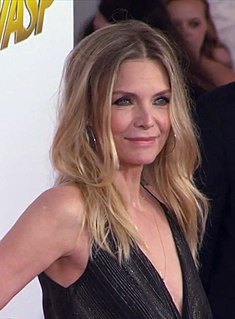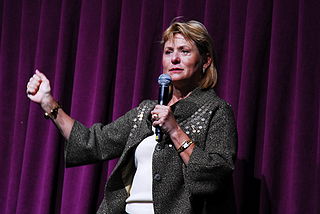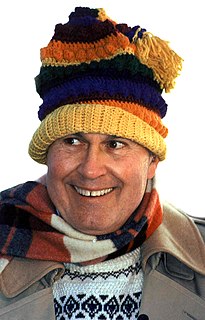A Quote by Elizabeth Warren
When she was 16, my grandmother, Hannie Reed, drove a wagon in the Oklahoma land rush.
Quote Topics
Related Quotes
California is a tragic country — like Palestine, like every Promised Land. Its short history is a fever-chart of migrations — the land rush, the gold rush, the oil rush, the movie rush, the Okie fruit-picking rush, the wartime rush to the aircraft factories — followed, in each instance, by counter-migrations of the disappointed and unsuccessful, moving sorrowfully homeward.
My first car was kind of sad. My first car was when my parents had completely worn out their Toyota Corolla that they had for 16 years or something. They gave me, for my 19th birthday, this really ancient Toyota. So that was my first car. And I loved it. I thought it was amazing, and I drove it cross-country. It was not aesthetically appealing in any way. It was it fast. It did not handle well, but it lasted forever. I drove cross-country and back, and then I gave it to my sister, and she drove it for another 10 years.
Blaire, This was my grandmother’s. My father’s mother. She came to visit me before she passed away. I have fond memories of her visits and when she passed on she left this ring to me. In her will I was told to give it to the woman who completes me. She said it was given to her by my grandfather who passed away when my dad was just a baby but that she’d never loved another the way she’d loved him. He was her heart. You are mine. This is your something old. I love you, Rush
As Oklahoma attorney general, it is not my job to formulate or implement Oklahoma's plan, but it is my job to preserve Oklahoma's right to do so - particularly when the Clean Air Act so clearly recognizes that Oklahomans, and not federal bureaucrats, are best situated to determine Oklahoma energy and environmental policies.
so my grandmother was not without humanity. and if she wore cocktail dresses when she labored in the garden, they were cocktail dresses she no longer intended to wear to cocktail parties. even in her rose garden she did not want to appear underdressed. if the dresses got too dirty from gardening, she threw them out. when my mother suggested to her that she might have them cleaned, my grandmother said, "what? and have those people at the cleaners what i was doing in a dress to make it that dirty?" from my grandmother i learned that logic is relative.
[In 1889] the last big tract of Indian land was declared open for settlement, in Oklahoma. The claimants and the speculators mounted their horses and lined up like trotters waiting for a starting gun. The itchy ones jumped the gun and were ever after known as Sooners-and Oklahoma was thereafter called the Sooner State.



































